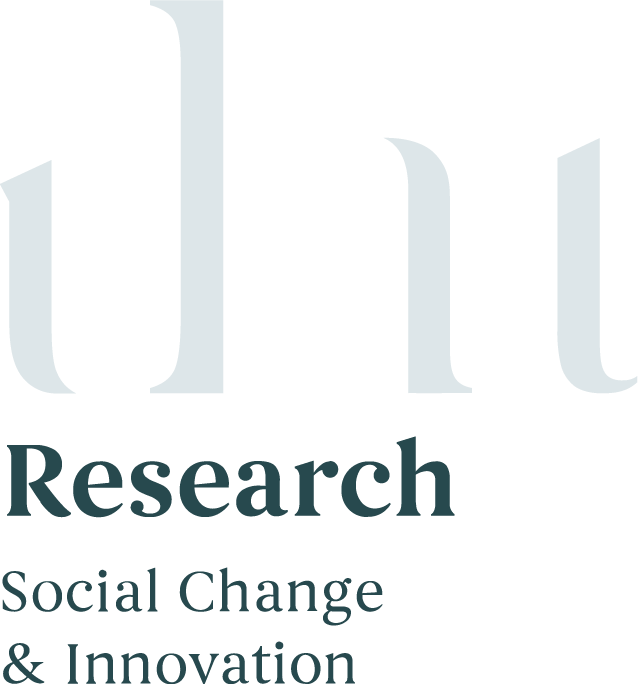Hāhā-uri, Hāhā-tea: Māori involvement in State Care 1950-1999
Hāhā uri, Hāhā tea
Project Background
In October 2020, the Crown Secretariat contracted Ihi Research to undertake independent research into Māori involvement in the State Care system (1950-1999). The research had three key focus areas. These were to:
Examine the extent of Māori over-representation in State Care and its link with colonisation, land alienation and urbanisation.
Investigate Māori experiences of the State Care system, including that of Māori staff; and
Investigate changes made to the State Care system for Māori following the Pūao-te-Ata-Tū report and the Children, Young Persons and Their Families Act 1989.
The research was undertaken by Ihi Research and was co-researched and written with Māori researchers who are survivors of State Care. It pulls together, for the first time, data from several locations and agencies about Māori who were in State care between 1950 and 1999 and includes the voices of staff in the care and protection system during this time. It was undertaken using a Māori centred approach.
Hāhā-uri, Hāhā-tea investigates how government policy directly led to Māori being over-represented in State care. The purpose of the document is to provide a backdrop for Māori survivors to tell their experiences in State Care at the Royal Commission’s Māori hearing in March 2022.
Faith-based experiences were not considered in the research, except where State power was used to place Māori children in faith-based institutions.
What we did
The research utilised a Māori-centred approach and involved qualitative and quantitative analyses. An integrative literature review was conducted, involving a total of 482 documents including primary research, archival material, peer-reviewed published papers, government reports, institutional records, conference papers and submissions to government. Māori research, literature, theses and Government reports were privileged in analysis. Gaps in document analyses formed the basis of interview questions with twenty-six participants, including former agency staff, community service providers, Māori community officers and social workers who worked directly with tamariki Māori and whānau in the period of focus.
The publication and associated documents can be found on the Royal Commissions website,
https://www.abuseincare.org.nz/library/v/340/haha-uri-haha-tea-maori-involvement-in-state-care-1950-1999
The research team: Dr Larissa Kus-Harbord, Dr Catherine Savage, Dr Anne Hynds, Kirimatao Paipa, Paora Crawford-Moyle, John Leonard
(Absent; Dr Annabel Ahuriri Driscoll, Jo Maraki, George Leonard).
Outcome
The scope of this research was limited by time and data availability. There is uncertainty around estimates of numbers of Māori tamariki and vulnerable adults in State Care, due to a lack of ethnicity data collected and reported by the state between 1950–1999. The ‘true’ number may never be known with any degree of precision, however there is data that emphasises the extent of Māori over-representation.
Structural and systemic racism emerged as a key factor in Māori over-representation that has had devastating, intergenerational impacts for whānau.
Government policies, over successive Governments, dismantled Māori communities and undermined whānau, hapū and iwi structures
The State Care system has had various and interrelated impacts on Māori as individuals, and as collectives over the period (1950-1999). For survivors these impacts ‘circle out’ beyond the individual to whānau, hapū, iwi Māori as well as following generations. The psychological, cultural, emotional and physical harms arising within and from State Care were considerable.
Despite the ‘pathologies’ resulting from their State Care experiences, the ‘survivorship’ of survivors must be acknowledged, their ability to endure and resist in the face of considerable and ongoing adversity.
The voices of tamariki Māori and their whānau were not heard in decisions about their care by the State
It shows the impacts on Māori of the Crown’s lack of response to Puao-Te-Ata-Tu
The report strongly suggests that future solutions must involve the Crown working in partnership with survivors, Iwi and Māori, across State agencies.
Find out how we can help you
We’ll work with you to find out what’s working, where investment could be put to best use or how to improve anything not going to plan. We can help you define success and set tangible, measurable goals. And we talk in real language so you can understand and engage with the findings. We engage with the community to conduct community research and consultations for private companies, trusts, government agencies, NGOs and more. But we have a special interest in research that has a purpose - to better society and teach lessons. We aim to help those we work with build capacity to enact positive change.



